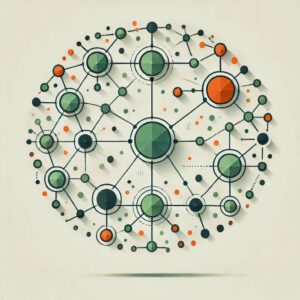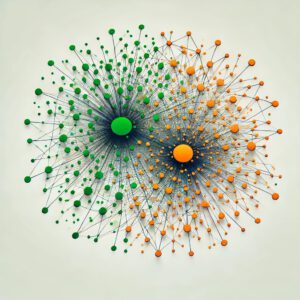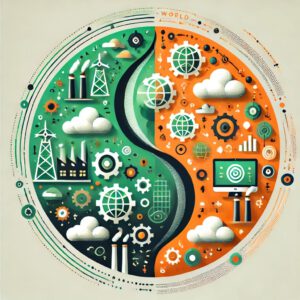|
Transformative Communication in Polarized Debates
Current media debates on issues such as climate protests or immigration are characterized by a climate of aggression and extreme voices. In digital networks, but also in debates as represented in journalistic reporting, searching for common solutions and a basic shared understanding of the problems at hand seem hardly possible. When public debates render political decision-making impossible instead of supporting politics critically and constructively, democracy is undermined. Increasingly, people express their frustration by voting for far-right, anti-democratic parties. The media's mediation of politics in the form of polarizing debates contributes to the fact that politics is not perceived as a common search for solutions, but rather as a ritual exchange of blows between extreme voices.
We are therefore involved in various research projects with the theoretical concept of Discursive Polarization: Polarization of conversations and media debates.
In our "Hamburg impulses for the depolarization of media debates" we formulate practical ideas jointly developed by academics and practitioners on how journalistic reporting and community moderation can contribute to a more constructive culture of debate. The positive alternative to the polarization trap is transformative communication: communication that critically accompanies and constructively advances social transformation processes.
In our three research projects, we are collaborating with researchers from the universities of Lund, Leeds, Mannheim, Dortmund, Kansas, and Indiana, among others.
Theoretical Concepts
In our research, we investigate which narratives in debates lead to polarizing discourses, what potential human and AI-based moderation can play in depolarizing social debates, and the role digital media platforms and journalism play in polarized public debates.
This website is published by the Chair of Communication Science, Climate and Science Communication Prof. Dr. Michael Brüggemann, University of Hamburg. Researchers from various institutions are involved in this website, which is coordinated by Louisa Pröschel.






